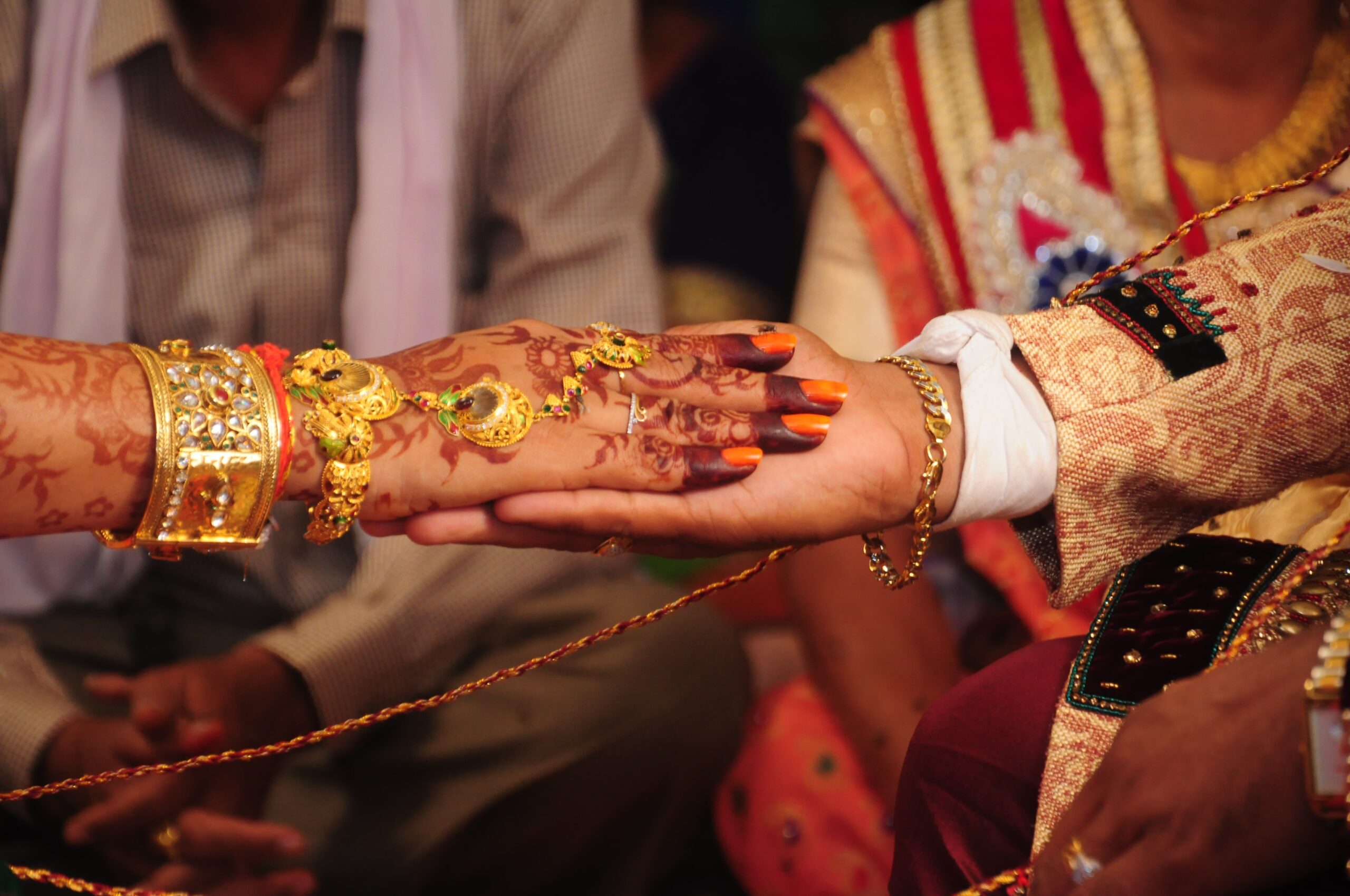There are several theories about the origin of the Kamma community, a dominant agricultural caste group primarily found in the Southern Indian states of Andhra Pradesh, Telangana, Tamil Nadu, and Karnataka. However, the exact origin of the Kamma community is still a subject of debate among historians and researchers. Here are some of the available theories:
Migration Theory
According to this theory, the Kamma community migrated to South India from the Northern parts of India during the medieval period. It is believed that the Kammas were originally warriors who were part of the Kshatriya caste, but they later migrated to the Deccan region, where they took up agriculture.
Occupational Theory
This theory suggests that the Kammas were originally agriculturalists who migrated to the Deccan region from the neighboring regions. As they were skilled in agriculture and hardworking, they gained popularity and prominence in the region.
Social Mobility Theory
According to this theory, the Kammas were originally part of the lower caste groups, but due to their hard work and dedication, they rose up the social ladder and established themselves as a dominant caste group in the region.
Mythological Theory
According to certain mythological stories, the Kamma community is said to have originated from the god Kamadeva, who is also known as Kama. It is believed that the Kammas are the descendants of Kamadeva and are therefore called Kammas.
Ethnic Theory
Some researchers believe that the Kammas are an ethnic group that originated from the Deccan region. They argue that the Kammas have a distinct cultural and linguistic identity that sets them apart from other communities in the region.
While each of these theories has its own strengths and weaknesses, the exact origin of the Kamma community is still a matter of debate and requires further research and investigation.




